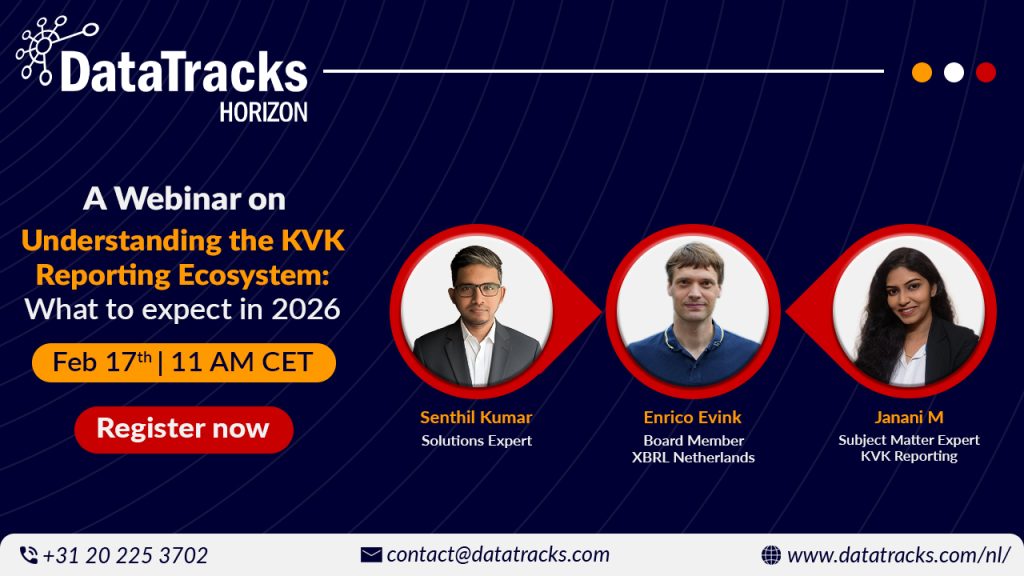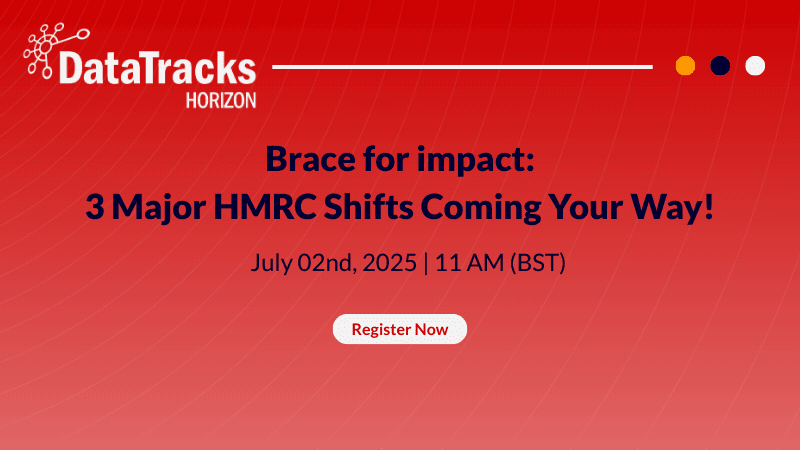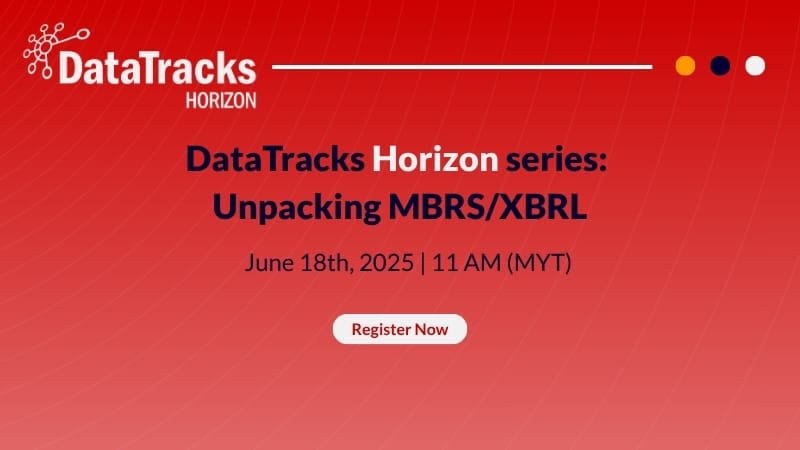Making DPR Reporting Straightforward
Clear and dependable reporting that helps you stay compliant
Making DPR Reporting Made Straightforward
Clear and dependable reporting that helps you stay compliant
Simplifying Digital Platform Reporting (DPR) for OECD & DAC7
In the rapidly expanding digital economy, platforms that connect buyers and sellers – whether for goods, services, or rentals – play a vital role. But, with that growth comes a growing responsibility: ensuring compliance with international tax transparency standards. That’s where the Model Reporting Rules for Digital Platforms (MRDP) come in.
What Is the MRDP and Why Does It Matter?
The Organisation for Economic Co-operation and Development (OECD) developed the MRDP to standardise how digital platforms report income earned by sellers. This global framework helps tax authorities track earnings made through digital platforms, ensuring fairness between online sellers and traditional businesses.
By introducing a single reporting model, MRDP eliminates the confusion of differing local rules. It promotes cross-border cooperation, tax transparency and administrative efficiency while simplifying compliance for platform operators.
Who Needs to Report?
If you operate a platform that facilitates:
- Sale of goods
- Provision of services
- Property or vehicle rentals
– you are likely covered under these rules.
Key Compliance Facts
| Effective Date: | Filing Frequency | Filing Deadline: | Report Format: |
| January 1, 2023 (under the EU’s DAC7 directive) | Annually | January 31 of the following year | Digital Platform Information (DPI) XML Schema |
Your Obligations Include
- Collecting and verifying seller information (KYC)
- Submitting annual reports to the relevant tax authority
- Providing each seller with a copy of their reported information
How We Can Simplify Your MRDP Compliance
At DataTracks, we understand how complex regulatory submissions can be. That’s why we’ve designed DataTracks Oxbow, a cloud-based regulatory reporting platform that takes the pain out of Digital Platform Reporting.
Meet DataTracks Oxbow
DataTracks Oxbow is a powerful, easy-to-use solution built to automate and simplify DPR submissions under OECD and EU requirements. Whether you’re filing in the UK (with HMRC) or other participating jurisdictions, DataTracks Oxbow ensures accuracy, compliance and peace of mind.
Key Benefits of Oxbow
- Seamless Data Upload: Import data effortlessly via Excel or integrate directly using APIs.
- Automatic Validation: The system validates data against the OECD DPI XML schema for full compliance.
- Always Up to Date: DataTracks Oxbow automatically incorporates the latest regulatory and schema updates.
- Collaborative Workflow: Supports multi-user access with clear roles for preparers and reviewers.
- Fast and Reliable: Lightweight architecture ensures high-speed performance and stress-free filing.
- End-to-End Support: Our dedicated product support team is always ready to assist.
With DataTracks Oxbow, regulatory reporting becomes effortless – letting you focus on your business while we handle the compliance complexity.
Reach out to us at contact@datatracks.com to schedule a demo or call us at +31 20 225 3702 for more information.
Featured Content

September 2, 2024
DataTracks Unveils New Rainbow DMS Features at XBRL GovFin

August 14, 2024
First Live SBSEF Filings with SEC Completed by DataTracks
February 17, 2026
June 18, 2025
How do I register for DataTracks service?
You must sign up with us on our website by providing some preliminary information about yourself. You may choose your username and password to access your user login. You must place your tagging requests and retrieve the XBRL outputs through this login. You can register on behalf of a company, or a firm of Chartered Accountants, Cost & Management Accountants or Company Secretaries
How do I request XBRL conversion?
You must sign up with us on our website by providing some preliminary information about yourself. You may choose your username and password to access your user login. You must place your tagging requests and retrieve the XBRL outputs through this login. You can register on behalf of a company, or a firm of Chartered Accountants, Cost & Management Accountants or Company Secretaries
How do I pay for DataTracks services?
You must sign up with us on our website by providing some preliminary information about yourself. You may choose your username and password to access your user login. You must place your tagging requests and retrieve the XBRL outputs through this login. You can register on behalf of a company, or a firm of Chartered Accountants, Cost & Management Accountants or Company Secretaries
Why was my credit card declined? Can I give you my credit card number over the phone?
You must sign up with us on our website by providing some preliminary information about yourself. You may choose your username and password to access your user login. You must place your tagging requests and retrieve the XBRL outputs through this login. You can register on behalf of a company, or a firm of Chartered Accountants, Cost & Management Accountants or Company Secretaries












